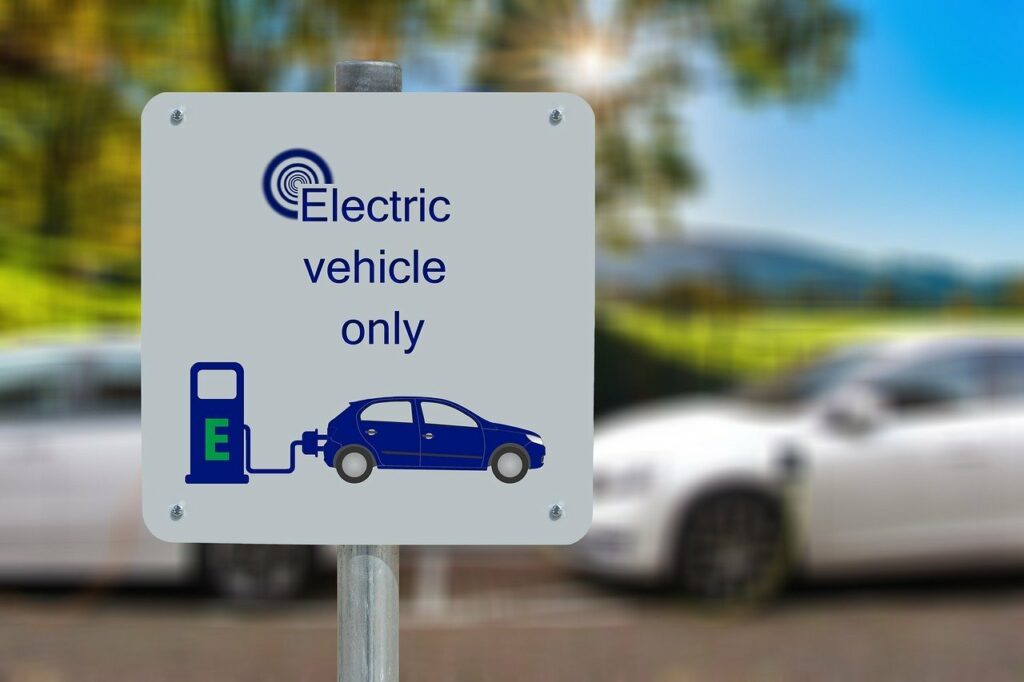Mayor of London, Sadiq Khan, together with London Councils and TfL, has announced a £4 million investment into electric vehicle (EV) charging points as part of the Office for Low Emission Vehicles’ (OLEV) Go Ultra Low City Scheme.
The investment will see 1,000 new charge points installed across the 29 boroughs, in residential areas. This will build on the 1,500 charge points already installed across the capital.
The scheme is a nationwide program to tackle climate change and improve air quality using EVs. London has received £13 million from the scheme, which will aid the city in reaching Khan’s goal of 80% of journeys using public transport, cycling or walking as opposed to petrol and diesel vehicles.
Christina Calderato, TfL’s head of transport strategy and planning, said: “We know that a comprehensive network of charging points is essential if we are to persuade drivers to ditch polluting diesel vehicles and swap them for electric alternatives. Installing a 1,000 more residential charging points across the capital means more Londoners can plug their vehicle in while at home, even if they don’t have a driveway.
“For those that need to charge up in 20-30 minutes, London is one of the leading world cities for rapid charge points. The addition of the east hub in Stratford is the first super charging facility, allowing drivers easy access and convenient methods of payment.”
As part of the wider announcement, Engenie has unveiled a rapid EV charging hub at Stratford International Station car park, which it claims is the first in London.
The hub will have six 50kW rapid chargers, these will be compatible with every EV on the market. This is particularly significant as members of the industry increasingly call for interoperability to speed up the EV rollout.
The hub will be open for use from the 28 December, with the rapid chargers capable of providing up to 100 miles of charge in just 35 minutes according to the company.
Engenie’s hub is the first of five planned across the city as part of London’s Electric EV Infrastructure Plan.
“London is trailblazing the EV revolution and actively working to deliver cleaner air for its 9 million residents,” said Ian Johnston, CEO of Engenie. “This rapid charging hub is a significant step change in the crucial infrastructure needed to serve the accelerating number of electric vehicles across the city.”
The hubs, which will be constructed using grant funding from TfL, will be available for use by all vehicle drivers including taxis, and will use contactless payment.
London is currently leading the country in the EV rollout, and is home to a quarter of charging points. It has already hit its target of 225 rapid charging points before the end of the year, placing it further along in the transition than other major cities like New York and Paris.
It’s rapid charging points now total over 300, and it also became home to one of BP Chargemaster’s 150kW ultra-rapid charging hub in October.
Regulations in the city will also continue to increase to support the EV transition, with all newly licensed private hire vehicles, which are less than 18 months old, having to be plug-in hybrid, electric or hydrogen vehicles from 1 January 2020.
The investment follows London’s EV Infrastructure Delivery Plan, which was published in June, cementing the Mayor’s commitment to rolling out EV infrastructure. Khan also established the world’s first Electric Vehicle Infrastructure Taskforce, including representatives from business, energy, infrastructure, government and the London boroughs





